
Harry’s Bar, where New York SF/F writers go to get geeky, apparently.
Nestled in Harry’s Bar in the storied Helmsley Park Lane Hotel, a 21st century version of the Algonquin Round Table took place Friday afternoon. Except for the fact that it was far more geeky than the original.
A number of my fellow genre writers descended on New York this past weekend for New York Comic Con, and a few of us met at Harry’s to celebrate our recent successes. We shared a common love of science fiction and fantasy, an inordinate ability to dissect writing processes at length, and a single literary agent — the inestimable Sara Megibow — who found each of our works a creative and commercial publishing home.
Our little bubbly-fueled chat-fest included fellow scribes Mike Underwood, Steve Vera and all the way from Europe, Stefan Bachmann, among other convivial souls. We all agreed that The Phantom Menace was unworthy, that the covers of our forthcoming books were all quite exciting — and that writing short stories is a lot harder than it seems.
We all invest a lot of thought and planning into the worlds we create as sci-fi/fantasy writers, and so many of our ideas for short stories eventually turn out to be novels waiting to be developed. How, then, do we get these ideas back inside that short-story box? After all, there’s a strong demand for novelists to pen a few short stories and novellas to keep their name in the game between books.
Before I continue, I should point out that I’m far from an expert in short-story writing. In fact, my first attempts at writing short stories are barely a few years old, and my most recent first-draft story needs many more drafts. My wife, Katrina, has done far more study on the subject than I. But as it turned out during our little literary circle, the old newspaper hack in me had at least one or two decent notions.
Like many newspaper articles, a short story, as I put it after a glass of wine, is one bad day — no matter how long that “day” lasts. When you have a bad day, there’s usually one single thing that has dominated that day for you. Indeed, that event may be life-changing for you, and may come to define you in the months and years ahead. But the scope of a short story is that one event, whether it spans hours or years, that comes to really bring out your best or worst, to make a great change in the world or in the lives of your characters.
That description of a singular moment (again, no matter whether that moment is a few minutes or a few millenia) is necessarily limited in scope, but not in character development, plot, setting or sheer ambition. And that’s where it really gets tricky.
As I’ve found lately, having two short stories in process and a third in the “mulling” stage, the economy of words necessary for a short story is immense. Sure, a good novel will have a similar economy, but in a short story, word count matters a lot more. And I’ve found that this limited space amplifies the good and bad qualities of one’s voice, plotting, sentence structure and even word choice. Every misstep stands out more, and every winning turn of phrase wins more.
No, short stories aren’t easy. We must take worlds of ideas and boil them down to the essence of that singular event, then go into what happened in that event with the utmost attention paid to the writing craft. I revised The Daedalus Incident at least eight times. I imagine my current short story will receive at least as many revisions.
But that’s OK, because even more so than with a novel, I can see the development of the story very clearly. It’s short, and I know I can do what must be done…no matter how long it takes. And thanks to my fellow authors, I know that I’m not the only one who’s going to be agonizing over these stories. It’s hard, but it’s worth it.
P.S.: A huge thank-you to Sara for facilitating our little get-together…and for the key role she played in all our publishing success!

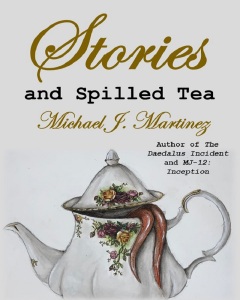


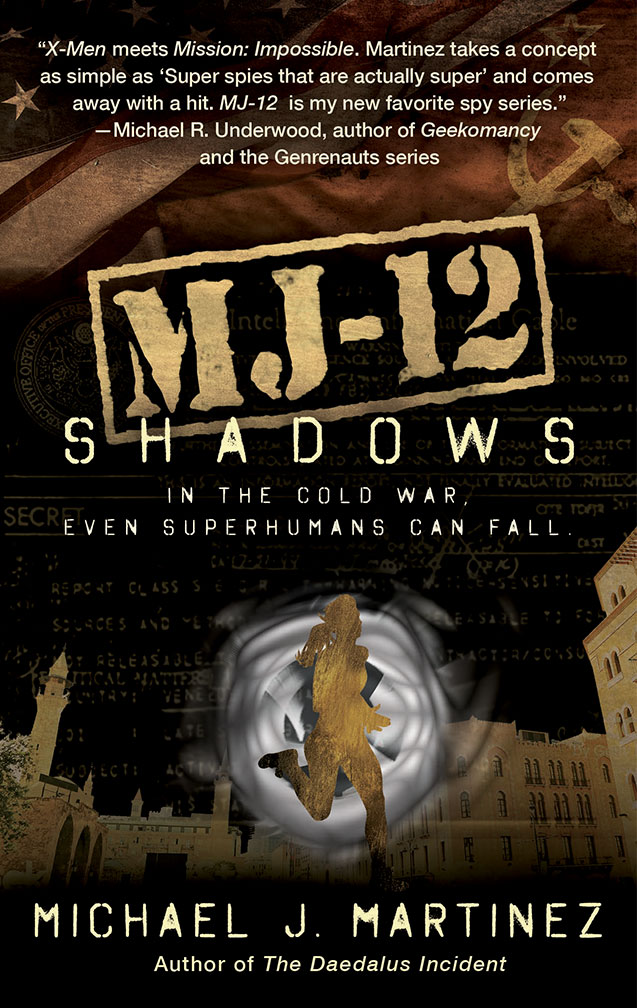

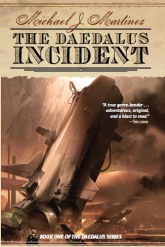
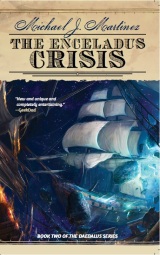
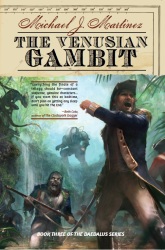
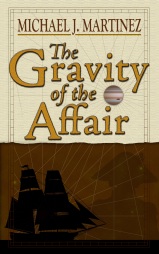

I’ve always felt that the difference between the novel and the short story is very similar to the difference between a long-term relationship and a one night stand. The novel takes more dedication, more effort, more time, and more work. But it is more forgiving of mistakes and you always have time to fix things down the road. The short story is quick, dirty, and demanding. You have to work very hard for a very quick result. You have only the very briefest time to make the right impact and to get the your target where you want them. In the novel, I have time to woo you. In the short story I need to hit a home run right now.